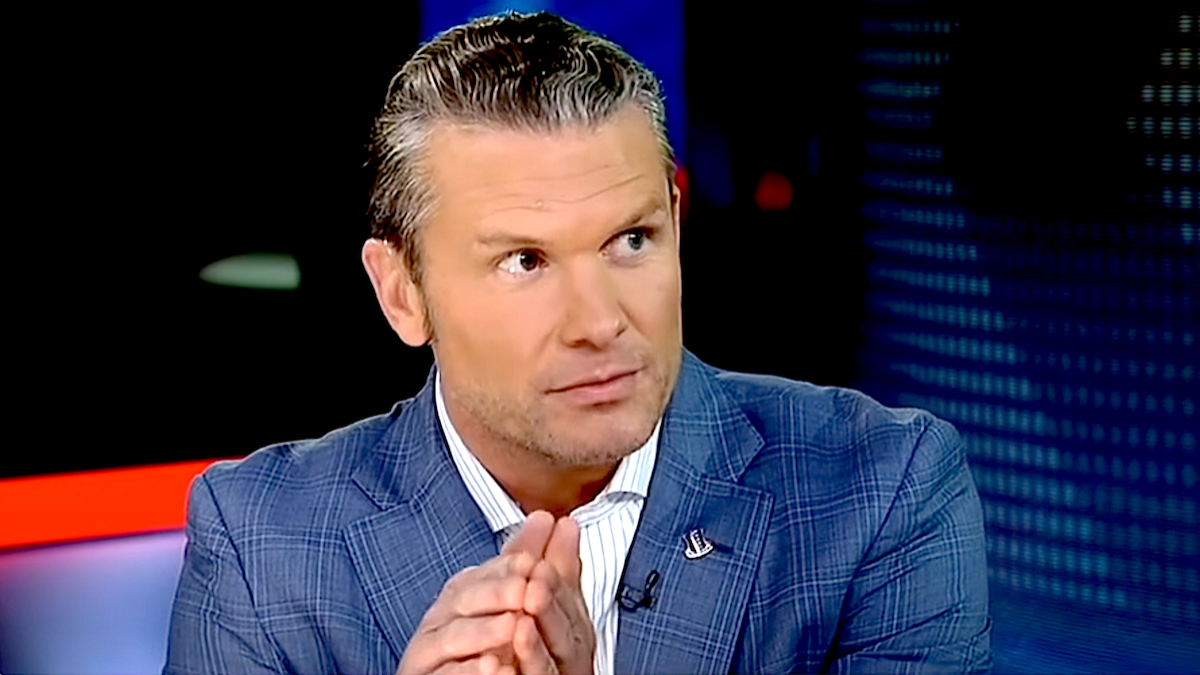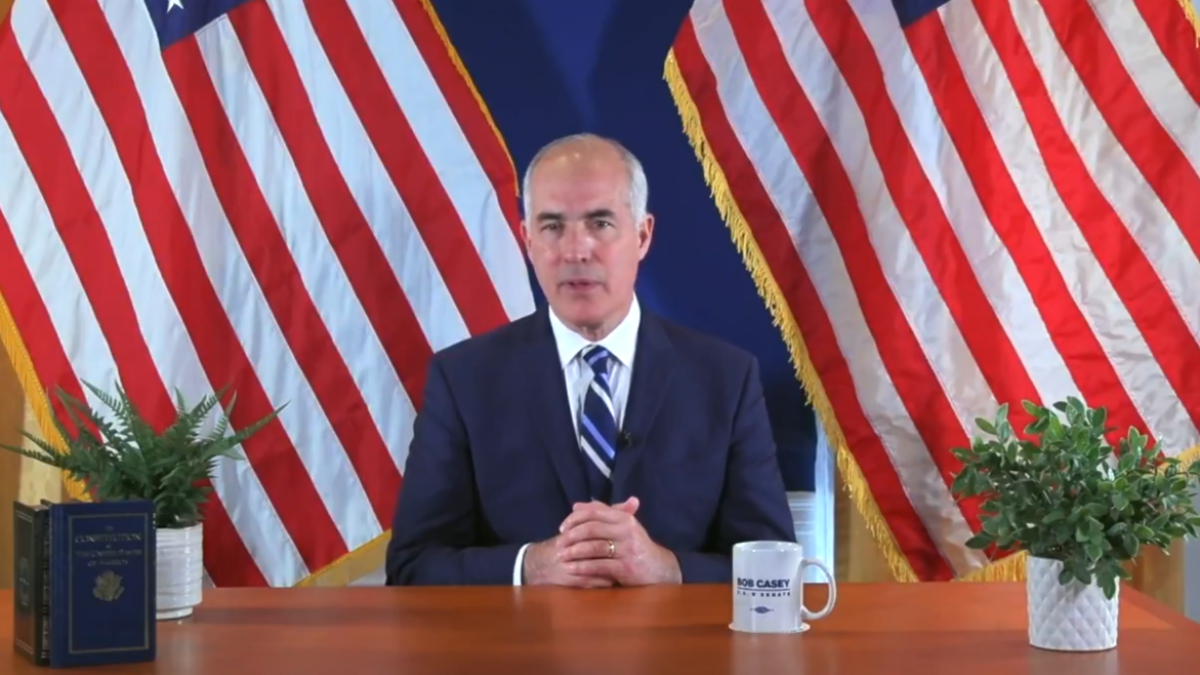
The New Republic published a piece about what it’s like to work for the First Lady. Written by Reid Cherlin, a former White House assistant press secretary, the article is not kind. It’s almost brutal:
…what Mrs. Obama’s hyper-motivated, highly accomplished staffers would never publicly admit—is that the first lady’s office can be a confining, frustrating, even miserable place to work. Jealousy and discontentment have festered, as courtiers squabble over the allocation of responsibility and access to Mrs. Obama, both of which can be aggravatingly scarce. Fueling these sentiments, according to former East Wing insiders, is the exacting but often ambivalent leadership style of the first lady herself.
Ouch.
It really does seem like a difficult place to work. And Mrs. Obama is not covered in glory. She is described as an overly cautious perfectionist who doesn’t allow staff to flourish and yet feels betrayed if they consider other job opportunities.
Combined with her less-than-stellar politics, you might think that there’s nothing good to say about the woman. Even the article struggles on this point. It says, “Like Hillary Clinton before her, she was an accomplished lawyer with policy smarts.” But neither anyone in this article, nor anyone else, cites evidence of her being an accomplished lawyer. Snopes notes that Michelle Obama graduated from Harvard Law School in 1988, and was admitted as a lawyer by the Supreme Court of Illinois 1989. She worked at a firm for a few years but by 1994, she’d voluntarily had her license placed on “inactive” status. She didn’t even really have time to become an accomplished lawyer. And the conclusion to the article — that her “Let’s Move” campaign has been effective — is based on a bogus stat that was debunked already, and that was mentioned in a previous New Republic article.
Nevertheless, I’d like to defend her and do so by using this very same New Republic article that paints her in such an unflattering light.
1) She Prioritizes Her Family Over Her First Lady Duties
Here’s how the article puts it:
Mrs. Obama made it clear to her staff that—endless compulsory East Room receptions aside—her time was a valuable asset and requests to use it would have to meet an exceptionally high bar. Every event should focus on a concrete, achievable goal, like announcing a new corporate partnership. She would only be available for official duties two or three days a week; the remainder would be devoted to family responsibilities. One ex-employee observed, diplomatically, “It would take a really creative staffer to work within that environment and be successful.”
Sure, I can imagine staffers complaining about this. But what a fantastic example for the First Lady to set. Contrary to what the Lean-In crowd wants to tell you, raising productive members of society is far more important than office work. One friend read this and scoffed at the idea that family responsibilities would take so much time: “That sounds great at first, except her kids are in school full-time, and she doesn’t have to do any of the things that moms who stay home to take care of their families do. Things like driving the kids where they need to go, cooking, cleaning, laundry, organizing family schedules, etc. So what exactly is she doing when she’s not working?”
I’d counter that managing household staff actually does take a lot of time. And even so, teenagers still need lots of hands-on time with their parents even if the laundry is taken care of by others. Further, Mrs. Obama has stated publicly that the kids are to make their own bed and clean their rooms, that they are to eat what is prepared for them and can’t watch TV during the week. You can’t count on household staff to enforce rules like these — only loving, if strict, parents can.
Also, people act like having a lot of money or power is easy, but I can imagine it being even harder to inculcate good character traits in one’s children under such circumstances. So kudos to Mrs. Obama for trying, however much I may disagree with her values.
One other thing the above paragraph shows is that women frequently value part-time work as opposed to full-time work. Lost in all the rhetoric about a supposed pay gap is that women frequently work fewer hours per week than men, choose different lines of work, and take time off entirely in their career path. Which reminds me that this video explainer of the actual pay gap for men and women is always worth a view:
Mrs. Obama shows how all of that is done — and how making these decisions is not denigrating to women but completely life-affirming. Success in life is not measured by having the same paycheck even though you make different decisions affecting your job or career. I’d bet dollars to doughnuts that Mrs. Obama feels far better about helping her daughters through a difficult day than lining up some stupid corporate sponsorship related to the growth of the federal government. I know I would.
2) She values loyalty.
From the article:
Former staffers describe a high-stress, high-stakes workplace, in which Mrs. Obama scrutinized the smallest facets of her schedule. Aides in both wings of the White House say she insists on planning every move months in advance and finalizing speeches weeks ahead of time—a rigidity nearly unheard of in today’s chaotic political environment. “For her, trust is huge, really feeling like people were protecting and thinking about her,” says one alum. “And then, also, she’s a lawyer. She’s really disciplined. She cares about the details. She’s never going to wing it.”
and here:
When word got out about the West Wing job, the process blew up—apparently over whether Schake had the first lady’s permission to pursue the job with Palmieri. In the private sector, a talented candidate will pursue any and all opportunities for advancement, but in the East Wing it was a violation of trust, Mrs. Obama’s core principle.
or here:
Mrs. Obama has consistently shown a strong preference to be surrounded by aides with whom she has long-standing ties. “She’s the kind of person who, if you know her a long time, you get to the point with her where you’re loved,” says a former White House staffer, “but it’s really hard at first.”
Loyalty is a virtue. It’s not a bad thing to prize it. Or as Confucius put it, “The scholar does not consider gold and jade to be precious treasures, but loyalty and good faith.” If only more in D.C. understood its importance.
3) On the other hand, she gets that the First Lady job is not the be-all, end-all.
Surprisingly, though, her first move was to declare that she wanted to play it safe. A few days before her husband took the oath of office, she gathered her small staff at the presidential transition headquarters in downtown Washington and outlined a distinctly narrow vision. “We don’t have to do anything,” she told her aides, according to people familiar with the meeting, “so anything we decide to do, we need to do really, really well.” She didn’t want to get in the way of the president’s agenda, she explained. She only wanted to be, as she would say often over the years, “value-added.”
In other words, she’s smart. The article acts like the First Lady position is too important to be done poorly. It’s not. Mrs. Obama gets that and doesn’t want to be a distraction.
4) She practices self-restraint.
She gets that too much Michelle doesn’t play well and she — unlike everyone else in D.C. — has the wherewithal to acknowledge that by restraining herself. The article notes that she’s pulled back after some disastrous campaign appearances, most notably the one where she said:
“For the first time in my adult lifetime, I’m really proud of my country. And not just because Barack has done well, but because I think people are hungry for change.”
What goes over like gangbusters in progressive circles turns out not to be as popular among Americans who think patriotism shouldn’t be solely dependent on one’s political prospects. Michelle Obama is clearly smart enough to know that she can go from universally loved to polarizing pretty quick. She understood that she had to be cautious and so she’s focused on being more precise and less hostile in her speech. This is admirable and worthy of emulation.
5) She personally values marriage.
Remember that New Yorker article from a few years back?
Barack had a more bohemian attitude toward romance. “We would have this running debate throughout our relationship about whether marriage was necessary,” [Michelle] Obama told me. “It was sort of a bone of contention, because I was, like, ‘Look, buddy, I’m not one of these who’ll just hang out forever.’ You know, that’s just not who I am. He was, like”—she broke into a wishy-washy voice—“ ‘Marriage, it doesn’t mean anything, it’s really how you feel.’ And I was, like, ‘Yeah, right.’ ” Eventually, he proposed to her over dinner at Gordon, a restaurant in Chicago.
OK, so it kind of throws President Obama under the bus but rightly so. Women are civilizing influences on men and she shows how this is done. Another great example for women throughout the land.
So while I don’t support many of her political positions, I admire her for prioritizing her family, practicing self-restraint, and showing some strength of character by how she values loyalty and marriage. If some of these thinks make working for her slightly more difficult, I think the staff can handle it.








